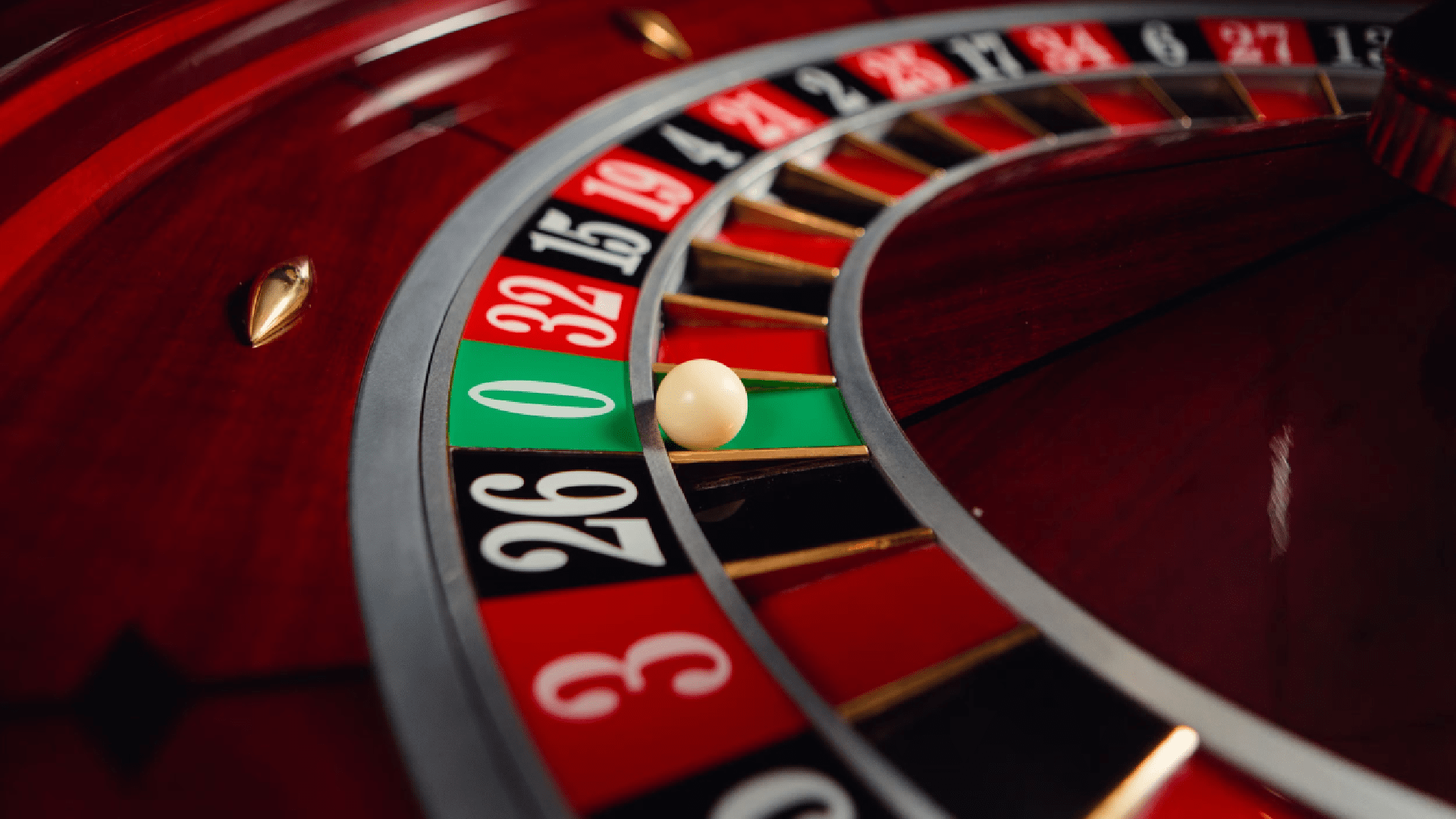
VEGAS MYTHS RE-BUSTED: A Roulette Color Can Be ‘Due’
Five consecutive red roulette numbers occurring does not imply that a black number is more probable on the sixth spin. Even if you acknowledge the validity of this statement, each time that sixth spin hits black, it can still be challenging to avoid drawing incorrect conclusions from the experience.
Certain gambling enthusiasts occasionally employ this method to forecast the next major victory. However, Anthony Lucas, a professor of casino management at UNLV and a former gaming industry operations analyst, states that this is merely another widespread myth. The explanation boils down to a straightforward lesson in math class.
"A common misunderstanding is that long-term averages within a random process must immediately correct in the short term,” Lucas told Casino.org. “It’s the way our brains are wired.”
Essentially, the chances of hitting red do not rise even if you’ve hit black 10 times prior. Every time you spin, the chances reset. Thus, your likelihood of hitting red on either the first spin or the 20th spin remains unchanged.
Neurotransmitter Composition
Our brains developed to recognize patterns in our surrounding environment. Recognizing patterns aids us humans in making forecasts and informed choices. Predicting patterns was crucial for early humans. Just picture listening to a loud sound coming from a bush. Your ancient forebears may have believed the sound originated from a predator, drawing on past experiences.
Nevertheless, this inclination to recognize patterns can occasionally cause people to perceive illusory patterns or situations where no patterns are present. In these situations, this is unhelpful. In roulette, our mind seeks a pattern, like landing on black after landing on red. However, this serves merely as an illustration of incorrect pattern identification.
Casinos are aware that numerous individuals hold this belief. Casinos frequently utilize electronic outcome displays that reveal a player's prior spins in relation to other players, thereby enhancing this pattern recognition mentality.
Winning streaks can occur, nonetheless. As Lucas stated, "Streaks are a common phenomenon in any random process."
These Colors Never Fade
Ray, a friend from my childhood, once thought he had a method for winning at roulette. He would bring me with him as he examined each roulette table in the Las Vegas casino where he was staying. Whenever Ray spotted four or five consecutive spins in red or black, he consistently placed his bet on the opposite color for the next outcome.
Ray's method appeared to function properly. He would leave each two-hour session I observed with around $500 more.
“Look, I mentioned this,” Ray would brag, challenging my reasoning for not betting with him.
Lucas states that this is akin to the slot machine jackpot illusion we debunked a fortnight ago. Both entail sampling with replacement.
"What the typical gambler does not seem to understand, or want to understand, is that the outcomes from independent and identically distributed variables often feature large runs of single colors or even numbers,” Lucas told Casino.org. “This is normal, and there is no immediate self-correction required.”
Lucas explained that these temporary imbalances eventually fade away in the long run. In roulette, the red and black numbers will appear equally on average. However, in the near term, anything can occur, and that's the only timeframe in which bettors can engage.
It’s a Disappointment Regarding Ray
Strolling in late during one of his gambling sessions, I spotted Ray, flushed, roaming the casino floor like a trapped beast. It was clear that he had lost a significant amount of money. The amount, he wouldn't confess to me until several years later.
"Don’t worry, I’ll get it back,” he told me. This is when I learned that doubling down after every loss was part of Ray’s system. This is known as a Martingale betting system, Lucas explained, and no, it doesn’t work, either.
Fortunately, Ray spent just $5,000 to understand that the only successful system in Las Vegas is the one that ultimately favors the house. It might have been the final occasion he played roulette.
“Your friend is lucky,” Lucas said, “in the sense that things could have gone much worse for him.”














